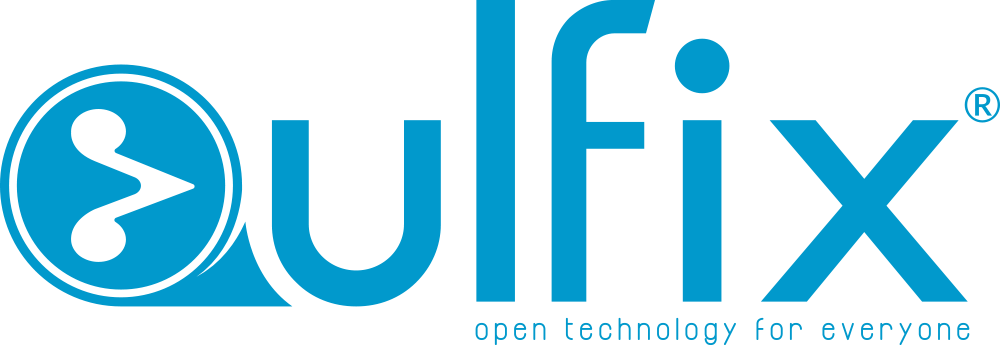Scaling DevOps in Enterprise Environments: Best Practices
As organizations grow, the complexity of their software development and operations processes increases exponentially. Scaling DevOps in an enterprise environment requires more than just implementing tools and practices—it necessitates a strategic approach to managing people, processes, and technology across larger, often distributed, teams. This article explores best practices for successfully scaling DevOps within large organizations, ensuring that the benefits of DevOps are realized at every level of the enterprise.
Understanding the Challenges of Scaling DevOps
Scaling DevOps is not simply a matter of replicating successful small-team practices across a larger organization. Enterprises face unique challenges such as the complexity of toolchains, distributed teams, governance and compliance, and the integration of legacy systems. As the number of teams and applications grows, so does the complexity of the DevOps toolchain. Ensuring that tools integrate seamlessly across various environments becomes a significant challenge. Additionally, large organizations often have teams distributed across different geographical locations, leading to challenges in communication, collaboration, and maintaining a consistent DevOps culture. Navigating complex regulatory environments can add layers of bureaucracy and slow down the DevOps processes, while older systems that were not built with DevOps in mind may pose integration challenges, requiring careful planning and execution to bring them into the DevOps fold.
Best Practices for Scaling DevOps
Standardize Processes Across Teams
To manage the complexity that comes with scale, it’s essential to standardize DevOps processes across the organization. This includes unifying the toolchain by standardizing a common set of tools for CI/CD, monitoring, and logging, ensuring that all teams use compatible and well-supported tools. Comprehensive documentation and playbooks outlining best practices, workflows, and procedures ensure that teams can onboard quickly and maintain consistency in their operations. Automation of repetitive tasks increases efficiency and reduces the risk of human error, which is critical when managing a large number of deployments.
Foster a Collaborative Culture
Culture plays a critical role in the success of DevOps at scale. Enterprises must encourage cross-functional collaboration by breaking down silos between development, operations, security, and other teams through regular meetings, shared goals, and joint accountability. Promoting a DevOps mindset through training and workshops ensures that all employees, regardless of their role, understand the principles of DevOps and how they contribute to the organization’s success. While standardization is key, it’s also important to empower individual teams with the autonomy to adapt processes to their specific needs, balancing consistency with flexibility.
Implement Governance and Compliance as Code
Governance and compliance often slow down DevOps initiatives in large organizations. To mitigate this, it’s essential to implement compliance as code, integrating security and compliance checks directly into the CI/CD pipeline. This ensures that compliance is not an afterthought but a continuous part of the DevOps process. Automated tools can conduct regular audits of your infrastructure and codebases, ensuring adherence to regulatory requirements without manual intervention. Developing policies that can be enforced automatically through tooling reduces the burden on teams to manually check for compliance.
Address Legacy Systems
Legacy systems can be a significant hurdle in scaling DevOps. Addressing this requires incremental integration, starting by automating the most critical processes and gradually extending this automation. Where possible, containerize legacy applications and break them down into microservices, allowing for more flexible and scalable deployments. Establishing dedicated teams to focus on modernizing legacy systems ensures they receive the attention and resources needed to align with current practices.
Tools and Technologies to Support Scaling
As organizations scale, so do the demands on their DevOps toolchains. Key technologies that support scaling include Kubernetes for managing containerized applications across multiple clusters, allowing organizations to scale deployments and manage them efficiently across distributed environments. Infrastructure as Code (IaC) tools like Terraform enable enterprises to manage complex, multi-cloud environments with consistent and repeatable processes. Continuous integration and delivery tools like Jenkins and GitLab CI/CD pipelines automate and streamline the software delivery process, making it easier to manage at scale.
Conclusion
Scaling DevOps in an enterprise environment is a complex but achievable goal. By standardizing processes, fostering a collaborative culture, implementing governance as code, and addressing legacy systems, enterprises can ensure that their DevOps practices scale efficiently and effectively. With the right strategies and tools in place, large organizations can reap the full benefits of DevOps, driving innovation, agility, and success at scale.

